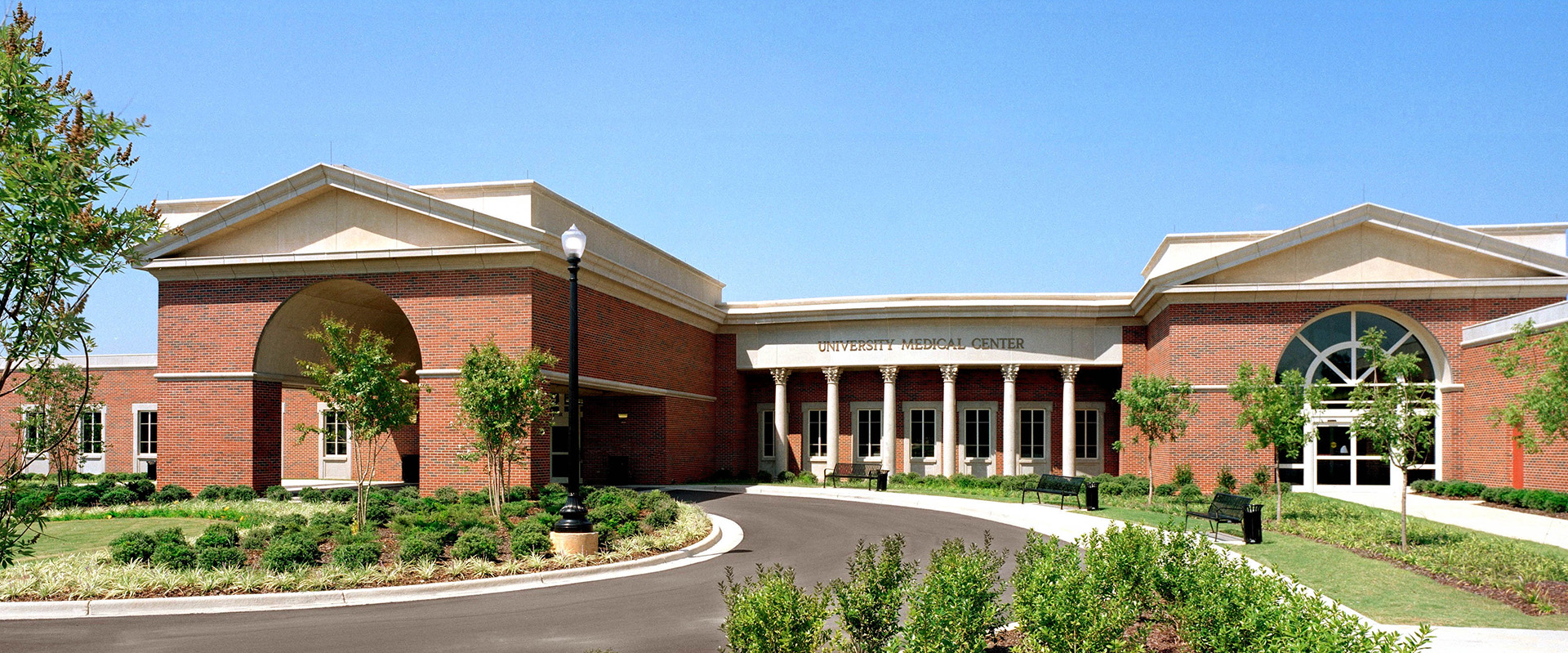University Medical Center was nationally recognized in December as a Patient-Centered Medical Home for its patient-centered, quality and coordinated care.
“Your practice is among the elite group that has demonstrated its commitment to advancing quality in health care,” the National Committee for Quality Assurance wrote in announcing the PCM certification of UMC, which is operated by the College of Community Health Sciences.
NCQA recognition means medical practices have made a commitment to providing care that is patient-centered, accessible, continuous, comprehensive and focuses on quality. The PCMH model uses a care delivery team, led by a primary care physician, that delivers coordinated and integrated care and is proactive in providing preventive, wellness and chronic illness care – all with the patient at the center of the health care experience.
Research shows that the PCMH model builds better relationships between patients and their clinical care teams, improves quality of care, as well as the patient experience and staff satisfaction, and reduces health care costs. The PCMH has also been shown to help patients be more compliant and able to successfully manage chronic health conditions.
“This was a long time coming and a lot of work, and it matters because NCQA PCMH recognition improves patient care and reduces costs,” says Dr. Richard Streiffer, dean of CCHS. “In addition, the PCMH model is associated with happier staff and patients.”
UMC is the largest community practice in West Alabama, with locations in Tuscaloosa, Northport and Demopolis. UMC provides primary care-focused health services in family medicine, internal medicine, pediatrics, women’s health, psychiatry, geriatrics, neurology and sports medicine. The PCM certification was received by UMC’s Tuscaloosa location on the UA campus for its family medicine and pediatric clinics.
NCQA recognition ranges from Level 1 to Level 3, which is the highest. UMC family medicine clinics received Level 3 PCMH recognition and its pediatric clinic received Level 2 recognition. The levels require meeting such benchmarks as: enhancing access to care and continuity of care; identifying and managing patient populations; planning and managing care; providing self-care support and community resources; tracking and coordinating care; and measuring and improving performance.
These efforts translate to providing patients with reminders about chronic and preventive care needs, more regular health screenings, after-hours care, use of electronic health records to improve quality and efficiency of care and to monitor chronic diseases, and use of multiple communication channels, including web-based portals through which patients can request appointments and prescription refills.
“There are not many PCMHs in Alabama. We are one of only a small handful that I know of in the state,” Streiffer says.
Dr. Jane Weida, an associate professor in the College’s Department of Family, Internal, and Rural Medicine who led efforts to obtain PCMH recognition for UMC, believes the small number of recognized practices in Alabama stems from a lack of financial resources, especially for small and rural practices.
“It is very difficult for a small practice to achieve PCMH certification. We had a committee of about nine (people) that met every other week for two years,” Weida says. “It took thousands … of hours to do this. A small practice that is working full time on patient care simply doesn’t have the time to do it.”
